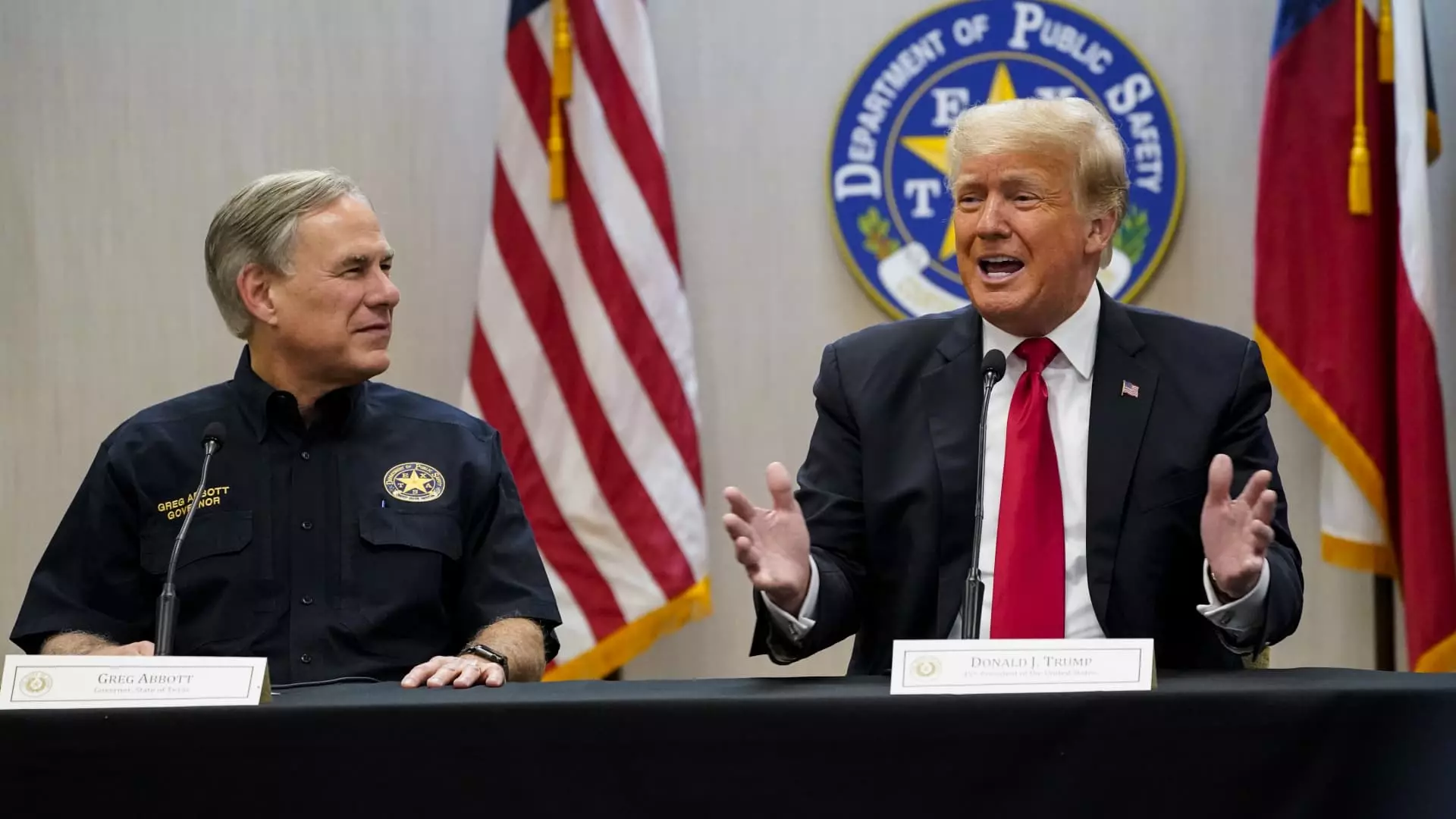Abraham George recently assumed the leadership of the Republican Party of Texas (RPT) during a time of significant change for the influential state-level political organization. The party has traditionally enjoyed strong support from corporate America, with major companies sponsoring its annual Texas Republican Convention. However, a noticeable shift in the party’s agenda has led to the disassociation of some prominent corporations from supporting RPT events and activities.
Decline in Corporate Sponsorship
In the past, Fortune 500 companies like Verizon, Comcast, Pepsi, Chevron, and Union Pacific were notable sponsors of the Texas Republican Convention. However, their absence from the list of supporters in recent years reflects a growing trend of anti-corporate sentiment within the party. This shift has raised concerns among some party members, such as veteran Republican consultant Matt Mackowiak, who lamented the virtual nonexistence of corporate fundraising for the party.
Griffin Perry, a Texas businessman and son of former Texas Governor Rick Perry, has advocated for a return to working with corporations to garner their support. Perry believes that maintaining relationships with corporate entities is essential for the growth and sustainability of the Republican Party of Texas. However, the current leadership, which prides itself on its anti-corporate stance, has disregarded the importance of traditional corporate sponsorships.
Impact on Party Dynamics
The absence of corporate sponsors at the Texas Republican Party events, including the state convention, has not gone unnoticed. While party officials like James Wesolek argue that the party’s values remain uncompromised without corporate support, the decline in financial backing from major companies has had repercussions. The party now relies heavily on political action committees and campaigns for funding, signaling a stark departure from its previous corporate-backed initiatives.
The Texas GOP’s increasingly conservative policy positions, like the stringent anti-abortion and anti-gender-affirming laws, have alienated some former corporate sponsors. The party’s aggressive stance against moderate Republican officeholders, as evidenced by the censuring of Texas House Speaker Dade Phelan and U.S. Rep. Tony Gonzalez, has created rifts within the party and its support base. As a result, these actions have led to real political consequences for the individuals targeted by the party’s leadership.
Looking Ahead
As the Republican Party of Texas continues to navigate its evolving identity and ideology, the role of corporate support remains a contentious issue. While some party members advocate for a return to collaborating with corporations, others emphasize the importance of maintaining the party’s core values and principles. The changing landscape of corporate sponsorship within the Texas GOP reflects broader shifts in political dynamics and priorities, both within the state and across the country. It remains to be seen how these developments will shape the future of the party and its relationship with corporate entities.


Leave a Reply